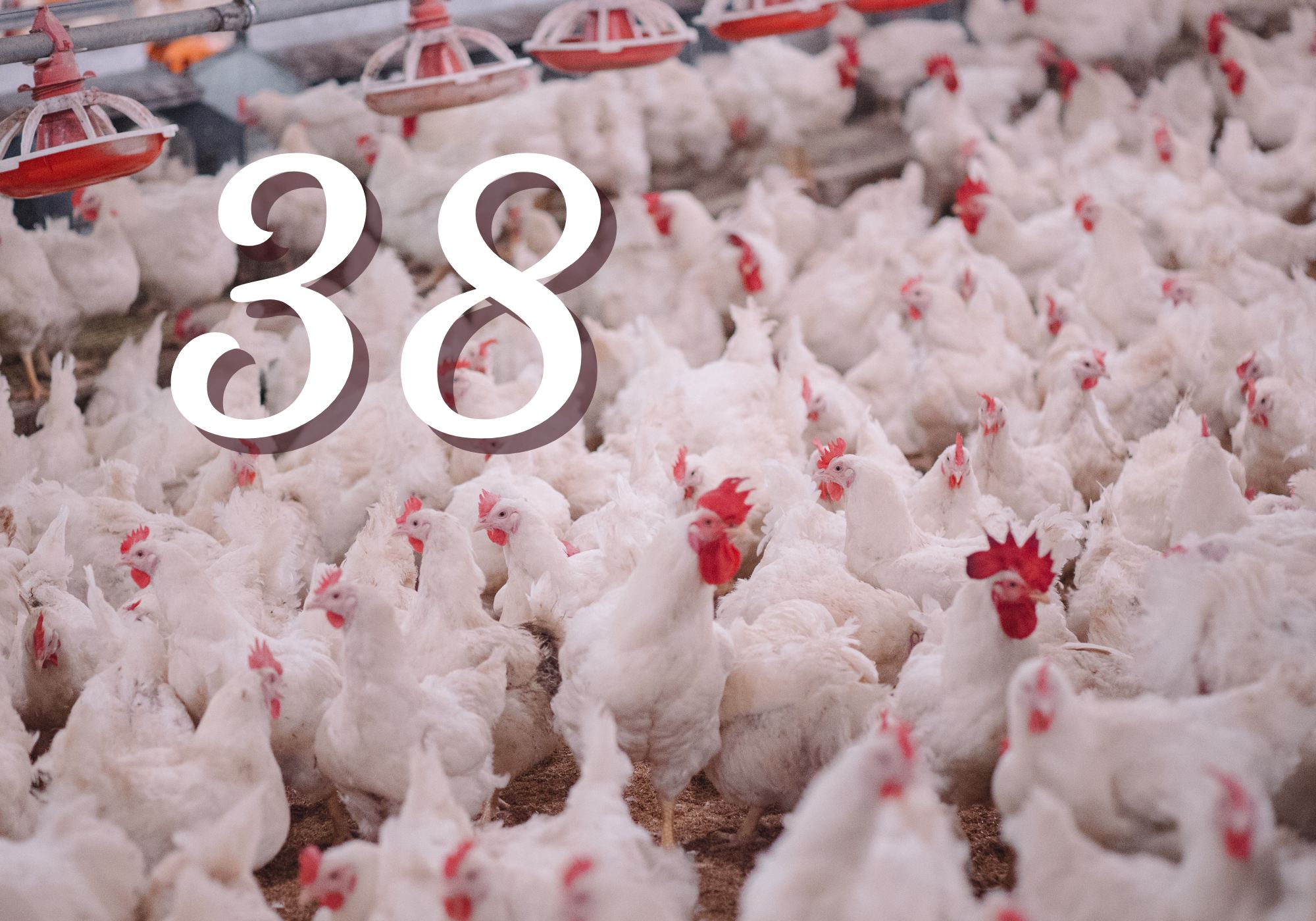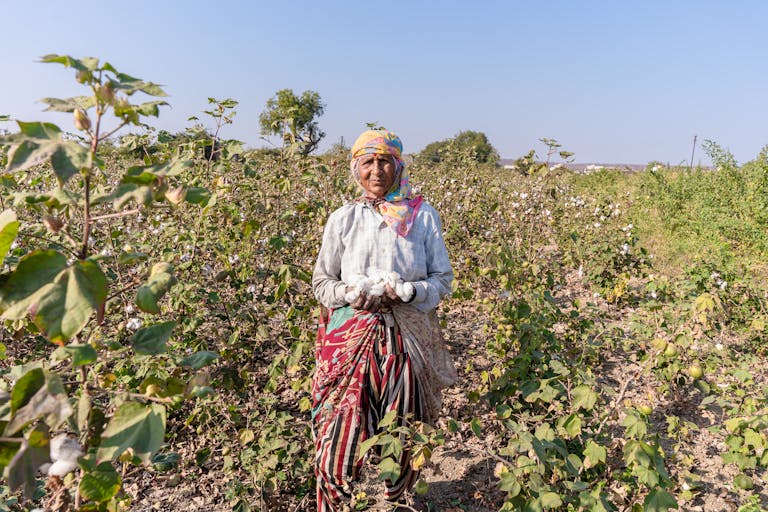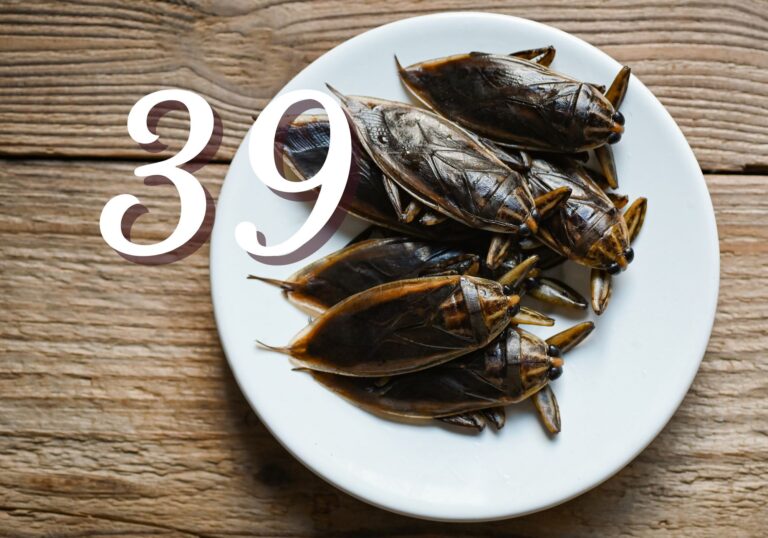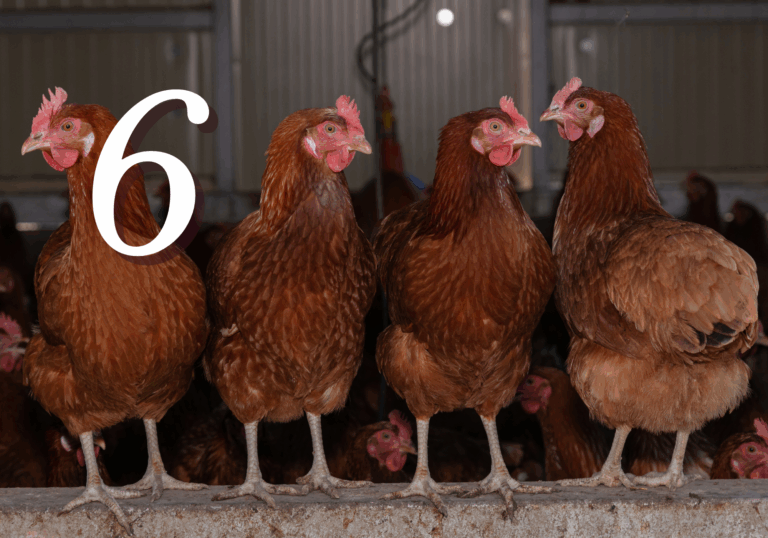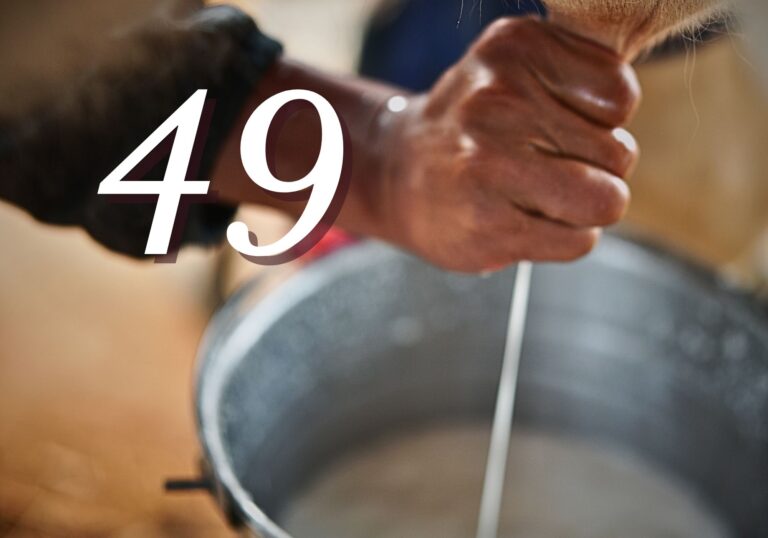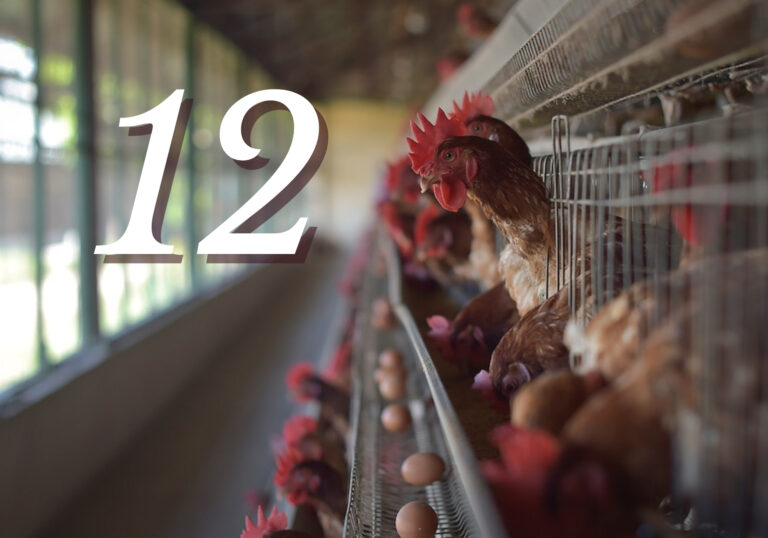Poultry Industry Consolidation

The U.S. poultry industry is facing massive, on-going consolidation as major players like Tyson Foods and Perdue Farms close facilities, threatening rural economies and food security. [1]
According to a 2025 study published by Cambridge University Press, in 1959 there were a total of 592 broiler processing facilities in the United States. Since that time, the number of processing facilities has declined while total broiler production has increased. By the 1980s, only 359 poultry slaughter plants remained in operation. By 2019 the number of USDA-inspected facilities had declined to just 245 broiler processing plants nationwide. [2]
It is illegal to sell meat nationwide that has not been processed in a USDA-inspected facility. While most states allow an exemption for on-farm slaughter of chickens, if a farmer does not want to process his own chickens, few facilities outside the 245 USDA-inspected plants are willing or able to help him process poultry.
This leaves poultry farmers almost entirely at the mercy of corporations like Tyson or Perdue—large corporations that now own or control most chickens and nearly every access point to the marketplace. [3]
These companies, called integrators, contract the growing of poultry out to farmers—who are often required to make regular upgrades to their facilities in order to maintain their contracts. Integrators own the birds, not the farmers. The farmers raise chicks that the integrators provide.
This means that the company owns and supplies the chicks, the feed, medicines to be given, bedding used, chemicals to be used, veterinary services, and dictates how the birds are raised—all of which is considered the proprietary intellectual property of the large company.[3] The farmer is not allowed to disclose the details of the contract, and the consumer is not informed about the details of the operation. [3]
This can be an important omission. Thirteen years ago, Nicolas Kristof at the New York Times learned that chickens were being fed arsenic and psychotropic drugs to keep them calm in their overcrowded surroundings. In some places, chickens were fed such high levels of estrogens that it led to precocious puberty in girls in China.
Tyson’s recent shuttering of poultry processing plants in Iowa and other states, alongside Perdue’s closure of a Virginia chicken plant, signals a strategic shift towards further consolidation. [1]
For example, the combined market share of the top four poultry companies (Tyson, JBS-owned Pilgrims Pride, Perdue and Sanderson) accounted for about 52% of the total U.S. broiler market in 2021.[2] According to the USA suppliers data and U.S. exporters data for 2023-24, the combined broiler market share of these top four companies is now closer to 60% of the entire U.S. market. [4]
While processing plant closures have led to significant employee layoffs, with 1,300 workers laid off in Iowa alone, the lack of processing capacity has resulted in the premature termination of contract grower agreements with poultry farmers. [1] The cancellation of their contracts is one of many reasons why farmers are often working second and third jobs.
In many cases, extra jobs are now required just to pay off the loans taken out in order to fulfill the terms of their contracts, such as upgrades to poultry houses. [2] Sadly, the mounting pressure is leading to an increase in farmer suicides.
This consolidation trend, long in motion, is now accelerating, with surviving companies tightening their grip on the poultry sector. The result is very limited farmer access to both chicken processing facilities and a marketplace that’s now dominated by a few corporate giants, driving up consumer prices while simultaneously limiting their options.
Meanwhile, rising feed costs and labor shortages, exacerbated by lingering post-COVID supply chain disruptions, are also crushing the few small producers that have fought to stay in business and raise better quality chickens and eggs.
But it gets worse: Tyson and Perdue are following the lead of giants like JBS and placing sizable investments in lab-cultivated proteins — cutting out chicken farmers altogether.
Starting in 2018, Tyson bought a minority share stake in cultivated meat start-up Memphis Meats and increased its investment in 2022. [5] JBS opened a biotechnology lab in Spain, where it has started making lab cultured meatballs, chicken nuggets and soon hopes to expand to cultured “fish” and “beef.” [6]
Despite promises of a “clean food revolution,” scientists at UC Davis and MIT challenge the narrative that lab-cultivated proteins are more climate friendly, pointing out that they are actually more resource-intensive and potentially more environmentally harmful to produce than retail beef. [6] [7]
Policymakers should act to protect and encourage independent poultry farmers and ensure a resilient supply chain before corporate consolidation fully reshapes the menu.
Sources
- https://www.agweb.com/news/livestock/pork/its-starting-why-recent-processing-plant-farm-closures-signal-major-consolidation-now-underway-pork-and-poultry
- https://www.cambridge.org/core/journals/agricultural-and-resource-economics-review/article/consolidation-productivity-and-downstream-prices-in-the-us-poultry-industry/705B5E7259DF796EB05D3E61FB374AA8
- https://www.nationalchickencouncil.org/industry-issues/vertical-integration/
- https://www.usimportdata.com/blogs/us-chicken-supplier-database-largest-chicken-producers-in-the-us
- https://qz.com/1193161/tyson-foods-is-investing-in-lab-grown-meat
- https://www.foodbusinessafrica.com/jbss-biotech-foods-opens-new-us36-1m-cultivated-meat-facility-in-spain/
- https://www.ucdavis.edu/food/news/lab-grown-meat-carbon-footprint-worse-beef
- https://www.technologyreview.com/2023/07/03/1075809/lab-grown-meat-climate-change/
- https://www.nytimes.com/2012/04/05/opinion/kristof-arsenic-in-our-chicken.html
